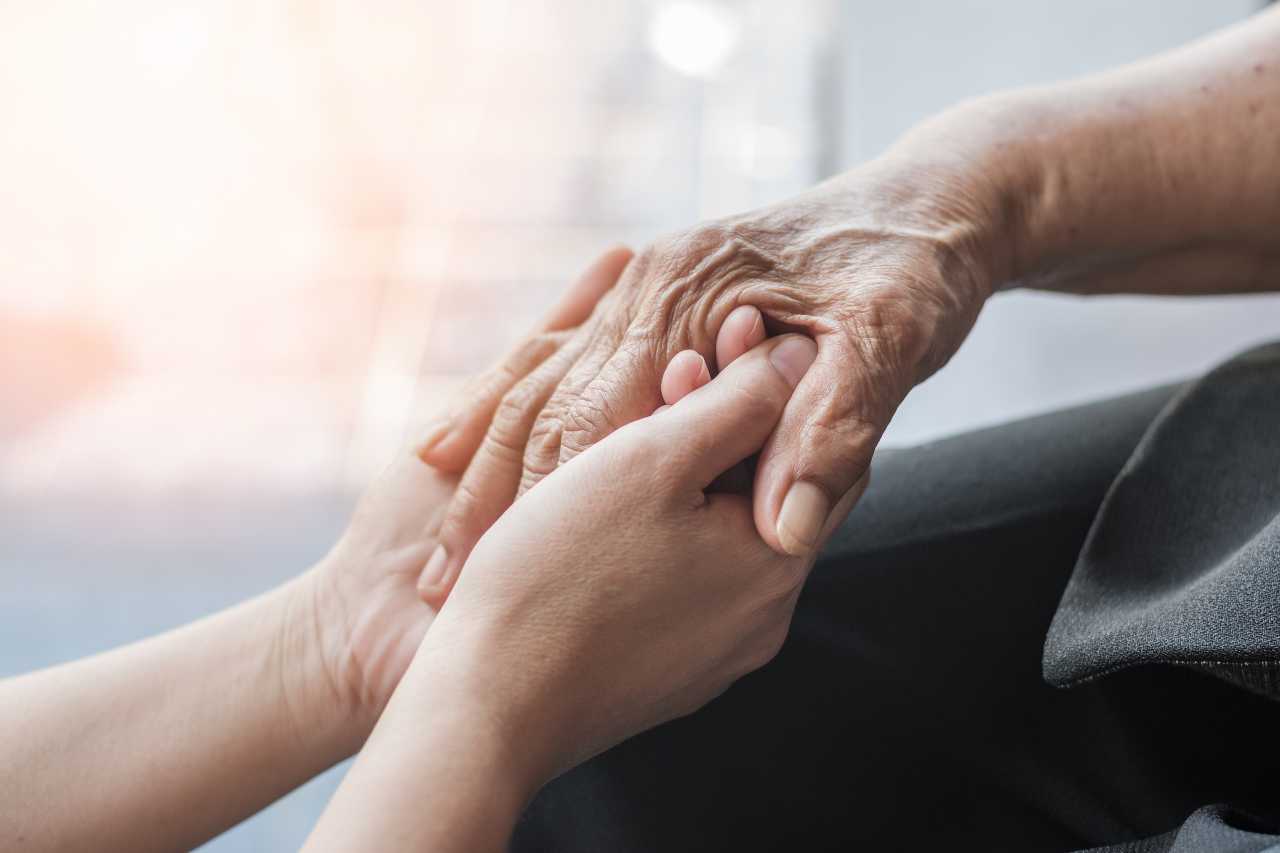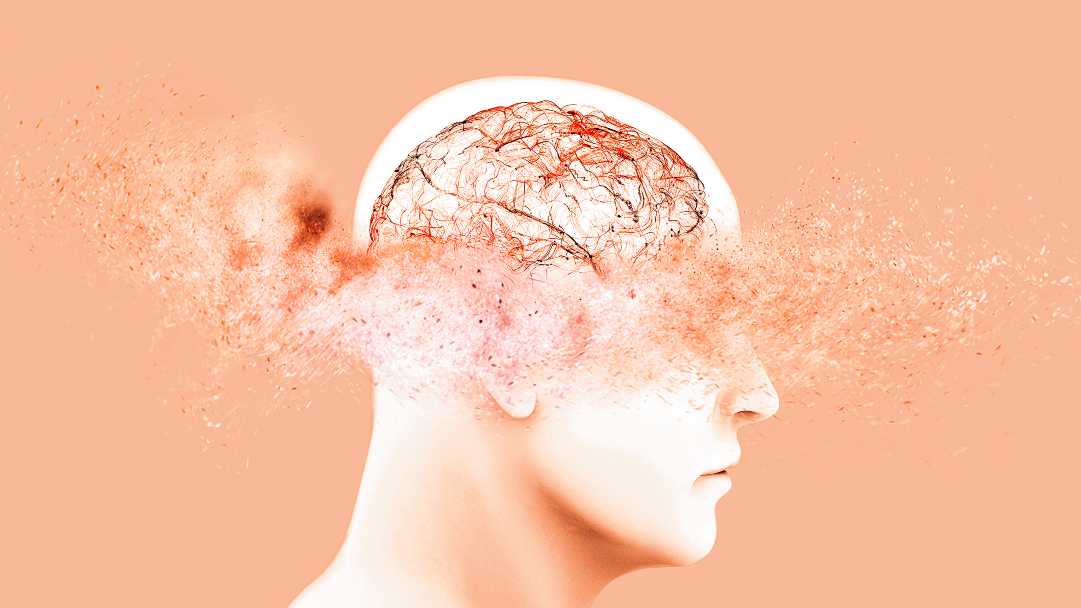Our brain is arguably our most important organ. It controls all our activities and enables us to think, to feel and to have memories. It keeps our other systems in order and, without it, we would simply not exist.
It is for this reason that Alzheimer’s Syndrome is one of the most tragic illnesses that plagues humanity. Alzheimer’s is a disorder that creeps up on the brain, snatching away its ability to think, to remember and to function. It is the leading cause of dementia.
ALZHEIMER’S VS DEMENTIA
Let us begin with differentiating between Alzheimer’s and dementia. Dementia is the condition of loss of mental abilities to the point that it interferes with life. It is the general term for a group of symptoms exhibiting loss of thinking, reasoning and memory. Alzheimer’s disease, on the other hand, is a specific disorder, of which dementia is a symptom. As the disorder progresses, the symptoms get more severe. The patient slowly starts to feel excessive confusion, disorientation and, eventually, may even lose their abilities to walk or to swallow.
Alzheimer’s is the leading cause of dementia in the world.
While both Alzheimer’s and dementia are more commonly seen in those over the age of 65, they are not a natural result of growing older. Alzheimer’s has been shown to be a result of plaques and tangles in the brain and no known treatment exists till date. It causes the loss of connections between neurons, which, in turn, causes inability to carry out functions and loss of memory and cognitive ability.
ALZHEIMER’S VS NORMAL AGING
As we grow older, our brain undergoes changes, and our memory does weaken over time. Weakening memory, however, does not always equate to dementia.
Dementia, unlike age-related memory loss, is disabling. It is characterised by a major decline in at least two intellectual abilities, such as memory, language or judgement. For example, age-related memory loss may result in a person having difficulty remembering an apt word in a conversation sometimes, but a person with dementia has trouble holding conversations altogether.
Age-related memory loss, though an inconvenience, does not disrupt life. Dementia, on the other hand, is characterised by memory loss that is so severe that it gets in the way of normal life, work and social activities.
STAGES OF ALZHEIMER’S
Changes in the brain are not apparent from the get go in a person with Alzheimer’s — the symptoms make themselves visible years after the change has started.
The symptoms are progressive, that is, they get more marked as time passes. At the onset, the patient may experience occasional forgetfulness and some difficulty in concentration. This includes forgetting names and appointments, difficulty in staying organised or managing finances and misplacing valuable objects. The patient may realise these lapses, or they may not.
In the next stage, the patient faces trouble learning new things, remembering details of events, planning dinners, and increased difficulty in working with numbers and words.
As time goes on, they may start losing track of time and place. At this stage, it has been seen that they forget the names of the people close to them — but they still recognise them. Daily activities like dressing and brushing teeth become difficult, and patients suffer from mood swings, hallucinations, paranoia and delusions. Anxiety and restlessness plague their minds, and many suffer from sleep issues.
WHO IS AT RISK?
We have yet to discover what causes a person to be affected by Alzheimer’s. However, what we do know is that there are some conditions and lifestyle issues that put a person more at risk.
Age is one of the most defining, albeit uncontrollable, factors for the syndrome. The chances of Alzheimer’s affecting a person doubles every five years after they cross the age of 65. However, even people below this age have developed the disorder and scientists have termed it Early-Onset Alzheimer’s.
Genes are another factor leading to Alzheimer’s. People with family history of the disease are more at risk of developing it as compared to those who do not have any genetic links to it.
The lifestyle one follows also affects their risk of Alzheimer’s. Factors linked to cardiovascular issues, like smoking, high blood pressure, diabetes and obesity have shown to increase the chances of developing the disease. Moreover, people with Down’s Syndrome, people suffering from depression and people living a sedentary life are also at heightened risk.

Shutterstock
EARLY SIGNS OF ALZHEIMER’S
Timely detection of symptoms is integral in determining the quality of life a person will lead in the future. Keep an eye out for the following:
• Severe memory loss, for example, trouble remembering recently acquired information, forgetting important days and asking the same questions repeatedly.
• Inability to make and follow plans, for example, following a recipe.
• Inability to concentrate.
• Trouble holding a conversation.
• Losing things often and being unable to retrace their steps to find them.
• Making poor judgements, including failure to groom themselves.
Again, the degree to which a person suffers from these symptoms usually determines whether the cause is Alzheimer’s or normal ageing. However, it is always a good idea to consult a medical professional.
HOW CAN MEDICAL PROFESSIONALS HELP?
Alzheimer’s is, as of now, untreatable. Once the gradual neurodegeneration starts, there is not much science can do to reverse it. However, a person suffering from Alzheimer’s will have an army of doctors and healthcare providers with them.
Medical professionals run examinations to gauge the degree and extent to which the patient is exhibiting the symptoms. Tests help doctors rule out other causes of these signs, like head injuries and tumours, and ensure that correct treatment is provided for the patient. The results of these tests, moreover, serve as starting points to track the condition of the patient in the future.
Drugs are administered on a person suffering from Alzheimer’s to slow down the degeneration and to manage other symptoms. Some medicines aim to boost cellular communication and patients have evidently benefited from these to an extent. Other drugs help combat related issues like depression, anxiety and agitation to help improve the quality of the life of the person.
ALZHEIMER’S CAREGIVERS
People suffering from Alzheimer’s generally require a good degree of care, most of which is provided informally by family caregivers.
A caregiver, or a partner in care, plays a vital role in ensuring the person suffering leads a quality life, and that they stay away from institutional care as much as possible. They do everything — from helping get legal and financial affairs in order, to ensuring that the person’s needs are met and they remain safe. A caregiver becomes like a constant companion. As the condition worsens, the caregiver may even need to help with basic everyday tasks like bathing and getting dressed.
ROLE OF A CAREGIVER — MEMORY LOSS
One of the biggest challenges a caregiver faces while caring for a person with Alzheimer’s is tackling memory loss.
Losing their memory not only gets in the way of everyday life, but it also takes a toll on a person. It is scary and frustrating to not remember. It is natural to feel a loss of dignity and independence along with losing their memory and, as a caregiver, you can follow the following to help them live happier.
• Help them remember what they can patiently and compassionately.
• Make newer information easier to absorb — break it down into smaller chunks.
• Make a routine to ensure the person feels comfortable and secure during their day.
• Make visual reminders of important information.
• Learn about the symptoms to avoid getting frustrated yourself.
• Reduce background noises to have the most of their attention.
• Encourage the person to record events in a diary or journal.
• Try getting back-ups of important items like keys and glasses.
A THERAPIST’S GUIDE ON ACTIVITIES
Alzheimer’s gets in the way of a person’s life. As their cognitive abilities decline, people suffering from it often feel like shells of their former selves. Planning activities for them to take part in becomes important — these lift their spirits and give them a sense of purpose and accomplishment. An added bonus is that through these activities, you can make precious memories with your loved one.
A therapist can help you schedule your day and plan fun activities. Activities depend on their cognitive condition too. Some activities that can be suggested are:
• Fish out old photo albums. Alzheimer’s patients often remember older information and going through old photographs and reliving them can be cathartic.
• Print a family photo or a picture of something that they love, and make a jigsaw puzzle out of it. Make sure to keep the parts big so that the game is easier.
• Make them sort out playing cards on the basis of colours, suits or numbers.
• Get a box of colourful beads, and ask them to sort the beads on the basis of colours. You could even string them together in combinations to make jewellery!
• Fold laundry. Asking them for their ‘help’ makes them feel that they are contributing to the house.
CAREGIVERS’ BURNOUT
It is no surprise that caring for a person suffering from dementia requires serious investments — on mental, physical, financial and time levels. As caregivers are primarily family members, they need to balance work, relationships and life with caregiving. Additionally, seeing their loved ones slowly lose their facilities and witnessing their frequent mood swings weighs down heavily on their hearts and shoulders.
Caregiving is not easy. Most caregivers find it difficult to hit a balance. Fuelled either by guilt, societal expectations, love, desperate hope — or a mixture of them all — they end up giving too much of their energy to the patient. It is no wonder that burnout is seen very commonly among Alzheimer’s caregivers.
BEING A HEALTHY CAREGIVER
Being healthy is a human’s biggest asset. While caring for a person suffering from Alzheimer’s, caregivers often neglect their own health — physical, mental and emotional, and this weighs upon everyone involved.
One of the first things a person should do while providing care to a person with Alzheimer’s is accept that they cannot do it all. Oftentimes, biting off more than they can chew ends up doing more harm than good. There are a lot of resources and help available, and availing them is a good idea. For example, to hit a better balance in their lives, caregivers and their patient can choose to avail at-home care facilities in which an external caregiver can help with household chores and daily needs.
Finding healthy coping mechanisms go a long way in minimising the effect of stress and exhaustion related to caregiving. It is always a good idea to maintain a healthy social life to destress. Despite their best efforts, symptoms will progress — but the aim of caregiving is never to reverse symptoms; it is, simply, to provide care.
LAST WORDS
Alzheimer’s may affect anyone. Keep an eye out for any of the telltale signs and live healthily and positively. As with everything, sorrows pass and all we can do is enjoy the sun when it shines.
The author is a psychotherapist, counsellor, and founder of Caring Minds, ICanFlyy, Cafe ICanFlyy, and TEDx speaker, answers queries on mental health and adolescence issues. Send your queries to askminubudhia@caringminds.co.in. Find her at Instagram @psychotherapist.minu
